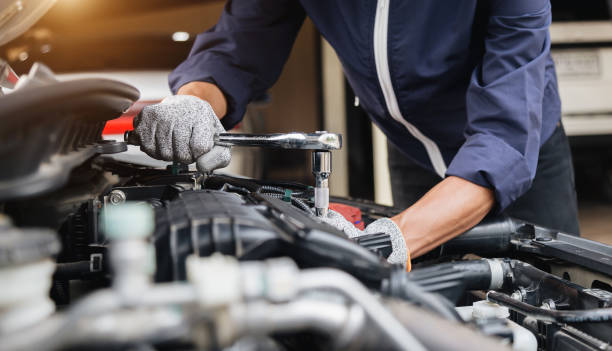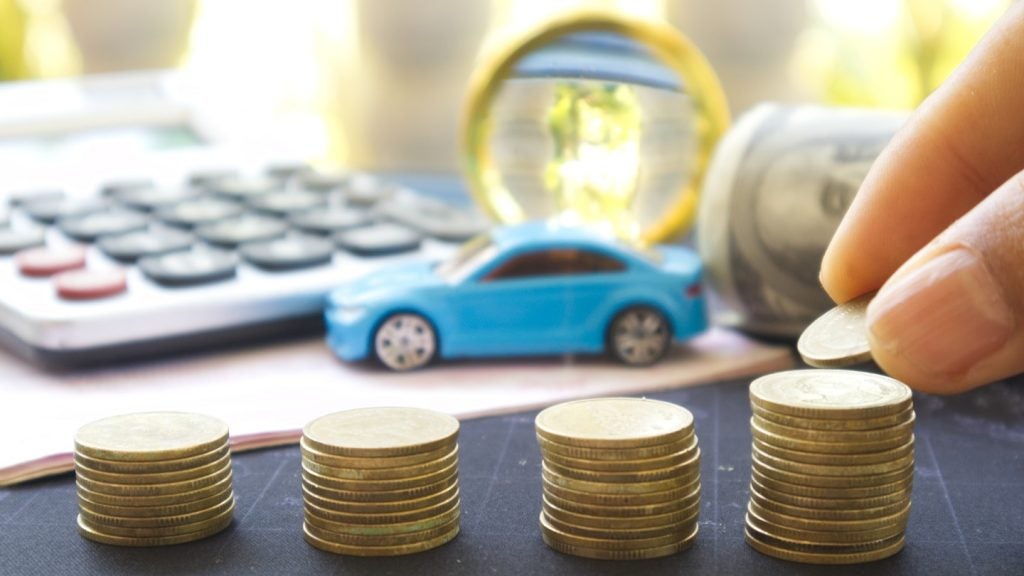December to 108,691 units. The full year total is down 11.3 per
cent to 2,131,795 units from 2,404,007 in 2007. Diesel market share
reached an all-time high of 43.6 per cent.
Average new car CO2 fell by a record 4.2 per cent to an average of
158.0 g/km in 2008, a total reduction of 16.8 per cent since 1997.
“The global economic downturn, precipitated by the crisis in the
international banking and finance sector, created unprecedented
challenges for the UK automotive industry in 2008,” said SMMT chief
executive, Paul Everitt. “The measures taken by government to
support the banking sector and kick-start demand have been
necessary, but are not yet sufficient to restore confidence.
Further action to ease access to finance and credit across the
economy is essential if long-term damage to valuable industrial
capability is to be avoided.”
for the UK automotive industry with new vehicle registrations and
production significantly reduced. The industry faces these
challenges stronger and more resilient than in recent memory. The
extraordinary circumstances we currently face mean that government
support will be required to take advantage of global economic
growth when it returns.”
MP, has written to the automotive industry outlining measures that
are available from government in response to the economic downturn.
Responding to a question in the House of Commons, Pearson said: “We
recognise as a government that the UK automotive industry is of
critical national importance.” The minister further stressed that
the motor industry is a “vast and important sector to the UK
economy”, outlining the large number of jobs in the supply chain,
retail and direct production divisions.
revealed that the volume of nearly-new vehicles being offered for
sale at the end of 2008 is around 35 per cent lower than was the
case during the same period last year, when supply far exceeded
demand. A direct result of far fewer dealer self-registrations,
this should mean that values of younger used cars are now less
likely to continue to fall as heavily as had been the case just a
few months ago.
that specific measure was introduced two years ago, measured in
terms of performance against CAP Clean. Used car volumes remain
low, which is a function of fewer part-exchanges coming into the
market and a growing number of contract extensions being employed
to keep ex-lease cars out of the market. In the retail dealer
sector sales are again reduced, along with showroom
traffic.






